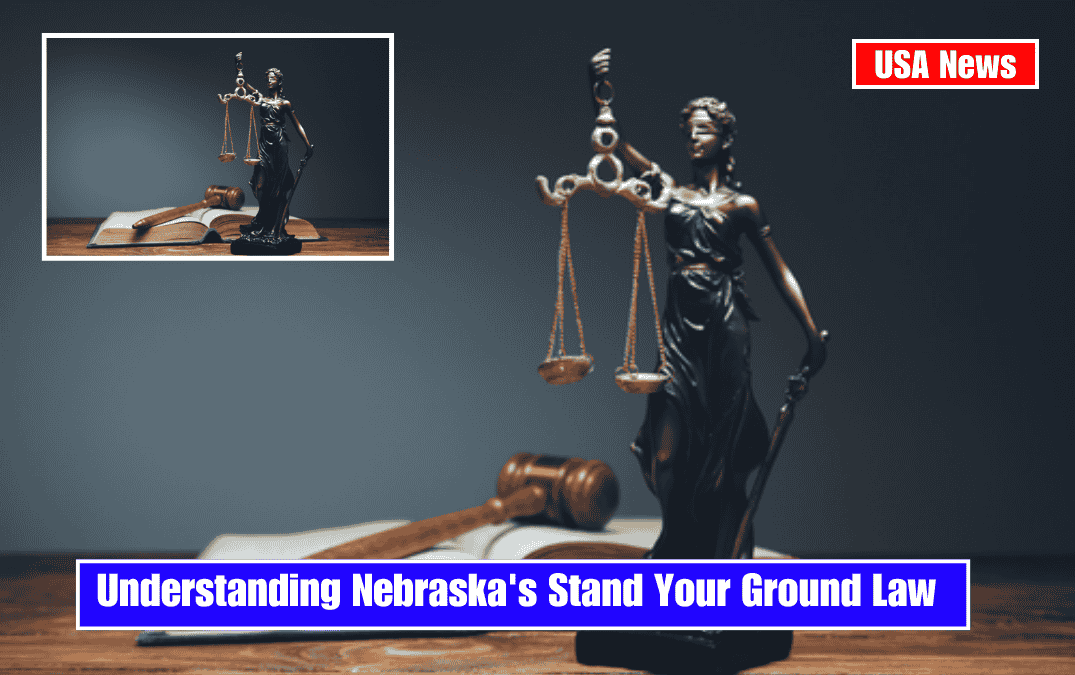Earlier this month, surrounded by coal miners and members of Congress, President Trump signed an executive order that he claimed would boost the coal industry, to thunderous applause.
“This is a very important day to me because we’re bringing back an industry that was abandoned,” he told the crowd.
However, that order came amid an escalating trade war.
In February, the president imposed tariffs on American trading partners Mexico and Canada, which he expanded to China. That move imposed a 10% tariff on all Chinese imports, reigniting the trade war.
China retaliated with 15% tariffs on American coal and natural gas, affecting a key sector of West Virginia’s economy. The state accounts for 28% of the nation’s coal exports, more than any other state.
Trump has positioned himself as a coal advocate, promising to “end Joe Biden’s war on beautiful, clean coal,” reduce regulations, and restore mining jobs. However, his administration’s escalating trade war with China is putting a strain on manufacturing and resource-based industries.
“The president has really articulated two competing objectives,” said Nick Messenger, senior research associate at the Ohio River Valley Institute.
“He wants to unleash American energy and pull more coal out of the ground, but at the same time, he’s implemented policies reducing the number of places coal producers can sell to through tariffs.”
Tariffs, or taxes on imported goods, raise consumer prices while reducing producer profits. While they were once used to help developing countries raise revenue, Trump claims they will now be used as bargaining chips to secure better trade agreements.
While President Trump has backtracked on many of his tariff threats, he has remained steadfast in targeting China, as he did during his first presidency.
Steve Roberts, president of the West Virginia Chamber of Commerce, stated that the state’s economy is heavily reliant on international trade, and business leaders are concerned about how tariffs will affect prices and profits.
“We stand to be hurt by a trade war,” he mentioned. “Instability is also an issue, and businesses require predictable rules and regulations. Fear suppresses appetites and stunts economic growth.
A direct hit to West Virginia’s economy
Between 2011 and 2024, the once-thriving coal industry in West Virginia lost roughly half of its mining jobs due to mine closures and job losses as the country shifted away from coal and toward cheaper natural gas and cleaner renewables.
Mining has long dominated the southern coalfields’ economies. Residents and politicians continue to expect a resurgence, which most experts believe is unlikely.
Last year, West Virginia exported nearly $5 billion in goods, including chemicals, machinery, metals, petroleum, and coal, to countries around the globe.
The previous year, China was the state’s second-largest trading partner, receiving $544 million in exports, primarily synthetic fibers, coal, wood, and chemicals. China imposed retaliatory tariffs on US goods, increasing the cost of those products and discouraging sales.
When Trump announced his first round of tariffs in February, Bob Braithwaite, vice president of marketing at Core Natural Resources, which earns 60% of its revenue from coal exports, told analysts that the domestic market was strong.
Despite warning shareholders about the negative effects of tariffs, Braithwaite believed that domestic demand would make up the difference.
“Although the tariff situation has certainly moved the trade around, I will tell you that there’s certainly enough demand out there today to cover the volumes that we were moving to China last year,” he told reporters.
However, by this month, the international implications for the coal industry had become apparent.
Messenger reported that freight bookings for shipments to Chinese ports were down 64%, and demand for American coal has decreased since the tariff announcements.
“They’re paying on both sides of the ocean right now, which makes China look at other countries for coal,” according to him. “They won’t need it from West Virginia.”
If the Trump administration’s tariffs had been in effect last year, West Virginia businesses would have faced new import taxes totaling more than $575 million.
And the burden on West Virginians would have been equally heavy.
An average household would have seen a nearly $800 annual increase in federal taxes due to tariffs, hurting families already struggling with high housing costs and inflation.
Christina Fattore, a West Virginia University political scientist, focuses on international trade relations. She stated that maintaining strong, positive trade partnerships with countries such as China is more beneficial than breaking them.
“The extent to which we are facing tariffs is at a level we haven’t seen since World War II,” she informed the crowd. “They punish domestic coal producers, and miners will lose their jobs.”
A storm in the coalfields
Alliance Resource Partners, the fourth-largest coal producer in the United States, runs two mines in West Virginia. In February, the company warned shareholders that the administration’s tariff plans could have serious consequences for its international business.
“These tariffs, along with potential retaliatory measures, could reduce economic activity, increase costs, decrease demand, and alter purchasing behaviors for thermal and metallurgical coal,” according to the business’s latest annual report.
According to Cecil Roberts, president of the United Mine Workers of America, miners are already feeling pressure.
“There’s a storm brewing in America’s coalfields,” he said in a prepared statement. “They deserve answers from the administration as to why it appears there is now a target on their backs.”
Trump stated that he would end the ‘war on coal.’ His tariffs are likely to hurt the industry. appeared first in Mountain State Spotlight, West Virginia’s civic newsroom.















